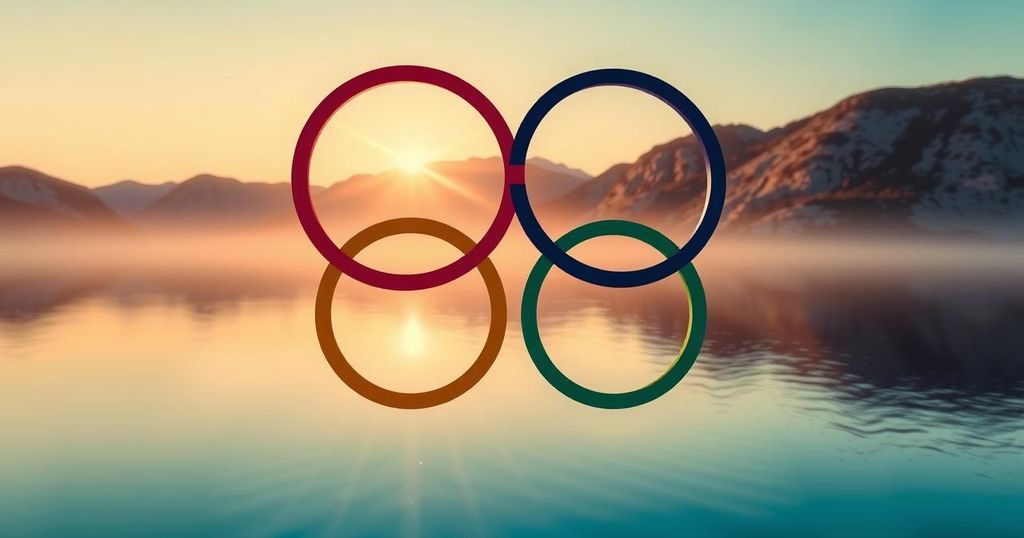Achieving Gender Parity: A Landmark Moment in Olympic History at Paris 2024
The Paris 2024 Olympic Games marked a historic milestone by becoming the first Olympic Games in modern history to achieve full gender parity, with the International Olympic Committee (IOC) ensuring that female and male athletes were allocated quota places in equal proportions (50:50). This groundbreaking decision has been lauded as a pivotal moment for women in sports, reflecting efforts to create a more inclusive environment for female athletes.
Historically, women faced considerable barriers in participating in the Olympic Games. The 1900 Paris Olympics allowed women to compete for the first time, yet only 22 out of 997 athletes were female. Fast forward to 2024, and approximately 50% of the 10,500 athletes expected to compete are women, solidifying Paris 2024’s status as the first Olympic Games to attain gender parity in numbers. In terms of medal events, the distribution was also notably equitable, featuring 152 events for women, 157 for men, and 20 mixed-gender events. Remarkably, 28 out of 32 sports showcased a balanced representation of male and female athletes.
The Games also represented a significant anniversary, celebrating 40 years since women were first permitted to run the Olympic Marathon in 1984. For the first time, the women’s marathon concluded the Olympics, hosted during the closing ceremony, showcasing a shift in the spotlight toward female athletes. The marathon was won by Sifan Hassan of the Netherlands, who also excelled in securing medals in both the 5,000m and 10,000m events, a feat last achieved in 1952.
The importance of this moment was emphasized by IOC President Thomas Bach, who noted it as one of the most significant milestones in women’s history within the Olympic arena. Athletes echoed this sentiment, with Track and Field star Gabby Thomas expressing her optimism about the unprecedented participation of women in the Olympics.
Paris 2024 also introduced several initiatives aimed at fostering equality and support for female athletes, further establishing this edition as the most female-friendly Olympic Games thus far. The establishment of a nursery within the Olympic Village allowed participating mothers to care for their children, reinforcing the IOC’s commitment to creating an accommodating environment. This year saw a record number of mothers competing in the Games, including notable athletes like Mathilda Hodgkins-Byrne, who became the first mother to win an Olympic medal for Team GB.
Additionally, the updated Olympic Charter, as of October 2023, emphasizes gender equality, mandating that the IOC support the promotion of women in sports across all levels. The scheduling of events also underwent significant adjustments to ensure equitable media coverage of women’s sports, allowing for increased visibility and opportunities for female athletes to shine.
Nevertheless, despite these advances, challenges persist. Reports indicated that six countries did not send any female competitors to Paris, and only 20% of coaches present were women, highlighting an ongoing gender gap in leadership roles within sports. While significant progress has been made in athlete participation, there remains an urgent need to address representation and inclusivity in coaching and technical positions.
In conclusion, while Paris 2024 represents an exciting step toward achieving gender equality in sports, it must not be viewed merely as a culmination but rather as a pivotal juncture in a continuing journey. Moving forward, the IOC and global sports organizations must remain vigilant in their efforts to create sustainable equality for women in sports at all levels, fostering an environment where female athletes can thrive both on and off the field. The future of women’s sports is undeniably promising, and it is imperative that the momentum for change is sustained beyond the Games.







Post Comment